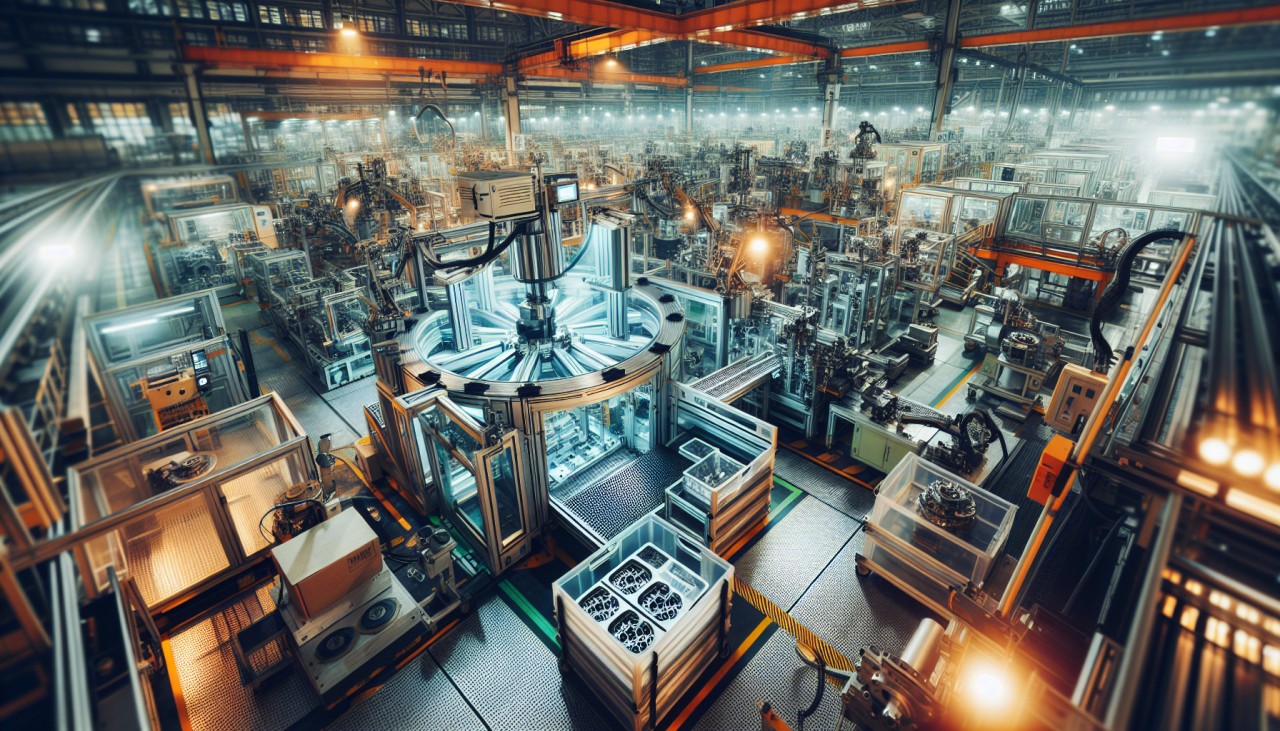Programmable matter is an emerging field that allows materials to alter their physical properties—such as shape, color, or density—in response to external stimuli like heat, electricity, or light. This adaptability is achieved through advancements in nanotechnology, microfluidics, and materials science. For instance, shape-memory alloys (SMAs) can revert to a predefined shape when heated, and electroactive polymers (EAPs) can contract or expand under electric fields. These innovations are already being applied in various industries. In aerospace, Airbus's AlbatrossOne demonstrator employs adaptive winglets made from SMAs to adjust wing shapes mid-flight, reducing drag and fuel consumption by 15%. In the automotive sector, Ford integrates shear-thickening fluids (STFs) into car bumpers, which harden upon impact to absorb collisions while remaining flexible otherwise. Additionally, self-healing materials, like those infused with microcapsules of epoxy resins, autonomously repair cracks, a feature now integrated into smartphone screens by LG and Samsung. tomorrowdesk.com
The potential of programmable matter extends beyond these applications. In healthcare, smart implants such as Medtronic's programmable spinal cord stimulators use EAPs to adjust pain relief settings via wireless signals. IBM's nanoscale "nanobots" deliver medication only in acidic tumor environments, minimizing side effects. Consumer electronics benefit from self-healing screens like Corning's Gorilla Glass Victus 2 and flexible displays in LG's rollable OLED TVs, which use shape-memory polymers to maintain rigidity when extended. However, challenges remain, including scalability, cost, durability, and energy consumption. For example, a kilogram of Nitinol costs $500–$1,500, compared to $2 for steel. Electroactive polymer actuators require high voltages (up to 10 kV), posing safety risks, and liquid metal circuits consume 30% more energy than static silicon chips. Addressing these issues is crucial for the widespread adoption of programmable matter in manufacturing. tomorrowdesk.com
Key Takeaways
- Programmable matter enables materials to change properties on command.
- Applications include aerospace, automotive, and consumer electronics.
- Challenges involve scalability, cost, durability, and energy consumption.
